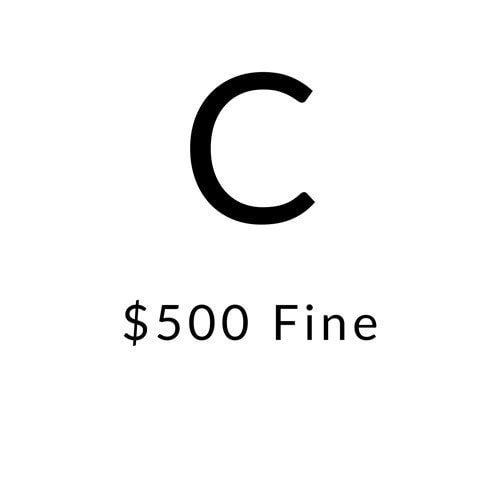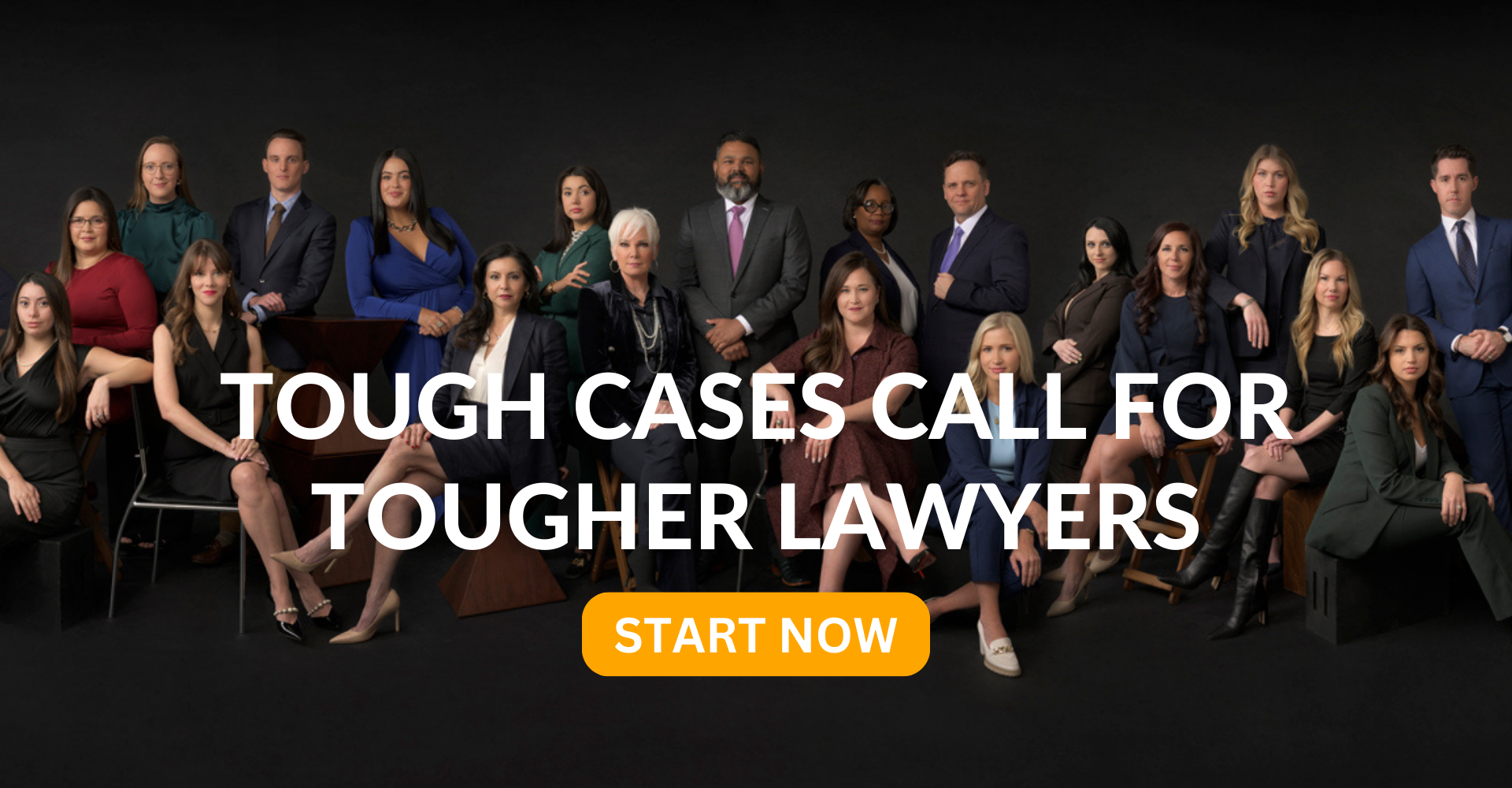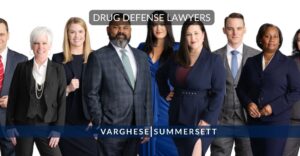Dallas Public Intoxication Lawyer
What is Public Intoxication in Dallas?
In Texas, a person commits public intoxication if he or she appears in a public place while intoxicated to the degree that they are a danger to themselves or others. Public intoxication, also known as PI, is a subjective charge as it is up to the arresting officer’s discretion in determining whether or not an individual is so intoxicated that they are a danger.
It’s important to point out that you do not have to have a specific blood alcohol concentration – such as .08 or higher as in a DWI case – to be publicly intoxicated. An officer can request you to take a field sobriety test, but this is uncommon, as they don’t need a BAC to make an arrest for PI. Likewise, a PI is not limited to alcohol, you can also be arrested for PI due to the ingestion of drugs or a combination of drugs and alcohol.

Dallas Public Intoxication Lawyer, Serving Dallas and the Surrounding Areas
Dallas is home to many bars, nightclubs, sporting events, and entertainment venues – making it a hub for partying. With so many people imbibing in public, it’s no wonder public intoxication charges are common in Dallas.
In the grand scheme of things, public intoxication may not seem like a very serious offense. However, if it is not handled properly, it will result in a conviction that can negatively impact your future. That’s why it’s imperative to contact a Dallas public intoxication lawyer if you have been arrested for public intoxication in Dallas or the surrounding areas.
What is the Punishment for Public Intoxication in Dallas?
Public intoxication is a Class C misdemeanor, which is punishable by a maximum fine of up to $500. This is an offense in which police could just write a ticket, however, most people are arrested and taken to jail to “sleep it off” since they have been deemed dangerous to themselves or others.
by a maximum fine of up to $500. This is an offense in which police could just write a ticket, however, most people are arrested and taken to jail to “sleep it off” since they have been deemed dangerous to themselves or others.
Once released from jail, it’s important to contact an experienced Dallas public intoxication lawyer to handle the Class C ticket in a manner that doesn’t result in a conviction and permanent criminal record. Do not plead guilty and just pay the ticket!
What is considered a public place in Texas?
A public place in Texas is any place where members of the public have access, including but not limited to streets, highways, parking lots, bars, schools, hospitals, offices, shops, and stores.
What are some scenarios in which people are arrested for public intoxication?
As mentioned, the criteria to arrest someone for public intoxication is subjective and up to the arresting officer’s discretion. However, there are some common scenarios in which people are often arrested for public intoxication, including:
- Wandering around or stumbling in the street outside a bar
- Urinating in public
- Passing out at a bar or restaurant
- Causing a disturbance or acting disorderly in a public place, such as a sports or entertainment venue
- Arguing with officers
- Fighting with bar patrons
- Riding as a passenger in a car that gets pulled over on suspicion of DWI
As seasoned Dallas public intoxication lawyers, we have seen it all. Most of the time, public intoxication arrests stem from calling attention to yourself. Police will often make arrests, even if you are not a danger to yourself or others.
Can’t I Just Pay My PI Ticket?
Paying a ticket for public intoxication in Dallas is the worst thing you can do. If you plead guilty and pay the fine, it will result in a permanent criminal conviction on your record for an intoxication offense. This could be used against you in the future when you apply for a job, housing, or a loan.
Not to mention, if you have two prior convictions for public intoxication, the third offense becomes a Class B misdemeanor which is punishable by up to 180 days in jail and a maximum $2000 fine. An experienced Dallas public intoxication lawyer at our firm can resolve your case in a manner that will not negatively impact your future. Call 214-903-4000 today for a free consultation with a Dallas defense lawyer. Don’t try and handle it alone.





